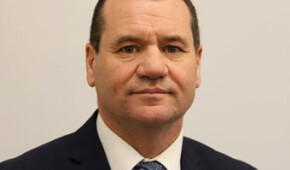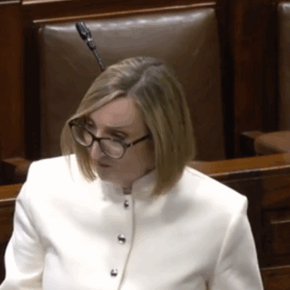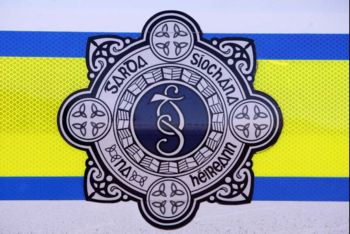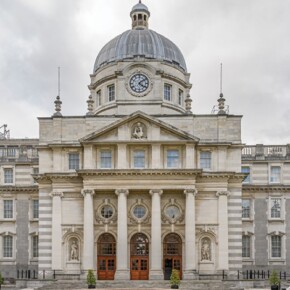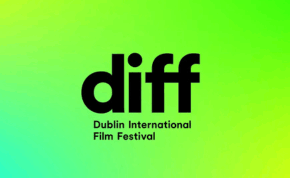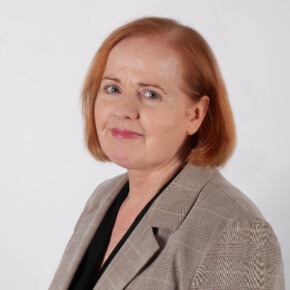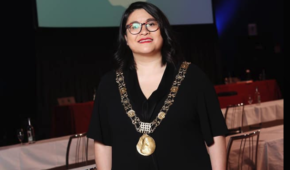All to play for in Donaghmede
Mike Finnerty 17 Jan 2024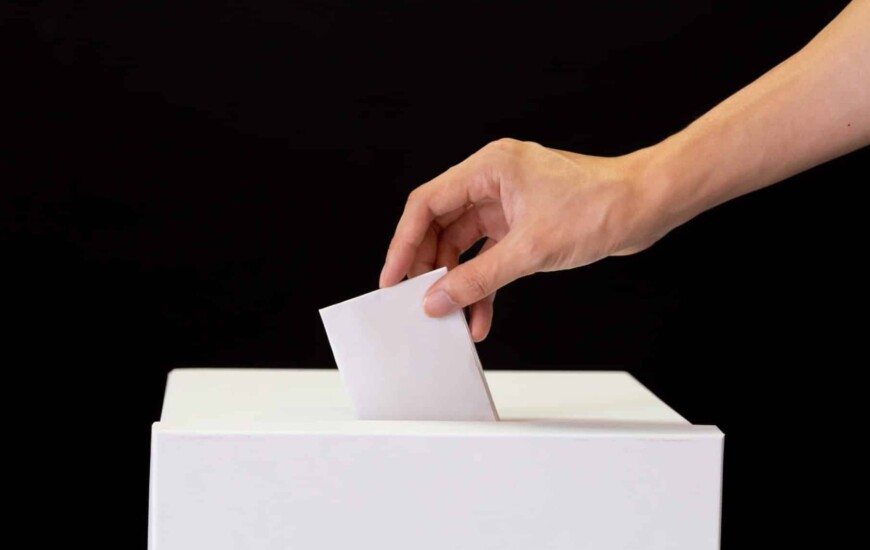
The great Sir Alex Ferguson is credited as the inventor of the phrase “squeaky bum time,” which means that you can hear someone shifting around in their seat as a tense contest comes to a close.
In the context of a local election, a 5-seater constituency is as difficult as it gets for candidates.
Donaghmede is notable for being the only Northside constituency on Dublin City Council that is a 5-seater, and there will be plenty of blood, sweat and tears put into securing a seat in this part of Dublin.
Donaghmede was part of the Beaumount-Donaghmede constituency up until 2014 and was a 9-seater, but the beauty of boundary redraws (said with a hearty dose of cynicism) means it is now a 5-seater.
Perhaps in anticipation of this, the major parties got their candidates selected nice and early.
Like how thrash metal has the Big Four, Irish politics has the Big Three of Fianna Fáil, Fine Gael and Sinn Féin, and the trio are represented here.
Readers can draw their own conclusions about which major political party is Metallica and which is Megadeth.
Fianna Fáil has played it simple and will look to get the incumbent duo of Tom Brabazon and Daryl Barron re-elected.
Based on 2019 numbers, the pair brought in nearly 29% of first preferences between them, meaning there is a strong pool of voters to draw from and the ones to beat come June.
Fine Gael are banking on a re-election for Terence Flanagan and will look to get first-time candidate Supriya Singh elected for good measure.
There is evidently enough of a Fine Gael voter base in the area to run two candidates, but the 2024 slate of candidates is a minor correction from their 2019 strategy.
Fine Gael ran three candidates last time out, and despite taking 19.6% of first preferences in the area could only get one elected.
Even in Ireland’s esoteric electoral system, a party can get 19.6% of first preferences in a 5-seater but still only have one elected candidate to show for it.
With that in mind, it is more expedient for Fine Gael to run just two candidates.
Sinn Féin have opted to run three candidates in the area, with the incumbent Mícheál Mac Donncha headling the ticket.
Mac Donncha will be joined by Tamara Kearns and Clodagh Ó Moore on the ballot paper.
When Sinn Féin announced they would be running three candidates last year, the idea of Sinn Féin coming in to dominate the local elections seemed on the table.
A lot has changed in the last six months in the Irish political sphere with a new Taoiseach taking charge and less headline-grabbing but more subtle, Sinn Féin becoming more of a centrist party than a left-wing one.
When we originally wrote this article in January Sinn Féin appeared to be best placed out of the three major political parties to come out triumphant in June but the dynamic of the race has changed.
Sinn Féin’s strange shift on immigration issues, the Hate Speech Bill and the Gaza conflict may well result in them losing out to other parties on the left and Sinn Féin back at square one in the context of Donaghmede: just one councillor.
Social Democrats have selected local area representative and cycling enthusiast Paddy Monahan as their candidate once again.
Monahan was 100 votes shy of a seat last time out, so an increased share in first preferences compared to 2019 could be enough to get him onto Dublin City Council, with transfers working their magic after that.
The Social Democrats are the party that appears best-placed to take advantage of Sinn Féin’s woes in June; Green voters from 2019 who regret their vote will be attracted to the Social Democrats’ new way of doing politics and will move towards the party, while floating voters of a left-liberal ilk will want nothing to do with Sinn Féin after their overtures towards borderline conservative rhetoric surrounding immigration.
Labour, thanks to a hyper-local campaign from local area rep Shane Folan, also have a fighting chance and very well could steal Sinn Féin’s thunder.
Folan has made the rounds for the party calling on Dublin City Council to take control of vacant properties; in a constituency with a rapidly growing population, a campaign focused on housing and dereliction could be just with the doctor ordered.
It is tricky to see a situation where Sinn Féin, Social Democrats and Labour all get a candidate elected but stranger things have happened.
In this context, the Social Democrats and Labour are fighting for the same votes as Sinn Féin but can also rely on transfers from the likes of Fianna Fáil, Fine Gael and the Greens.
Smaller left-wing parties such as People Before Profit will be reliant on transfers from Sinn Féin’s candidates to get over the line, but it is also entirely possible that Sinn Féin’s left flank turn away from the party and give their 1st or 2nd preferences to People Before Profit.
People Before Profit and Solidarity both fielded a candidate in 2019 but came up short despite scoring 9.6% of first preferences when both of their votes were combined.
At time of writing, just People Before Profit will be running in Donaghmede, with Clara McCormack appearing on the ballot for the party.
Based on that performance, there is an appa
People Before Profit will be running a candidate in all 11 of Dublin City Council constituencies in June, up from 9 candidates in 2019.
The Greens have had an interesting history in this seat since 2019, with their winning 2019 candidate Lawrence Hemmings stepping down from his seat in early 2020 which resulted in Dearbháil Butler being co-opted in his place.
Since then, Butler has announced she will not be seeking re-election in Donaghmede and has switched to Artane-Whitehall.
The Greens have picked Donnacha Geoghegan to run for the seat this time out.
The Greens beat out Labour and the Social Democrats in 2019 but holding onto the seat in 2024 could prove to be a bridge too far.
A victory in Donaghmede in 2019 was a sign that the Greens were in touch with the public mood and indeed were on track for their best-ever performance in a general election the following year.
5 years later, it is unlikely the Greens receive the same grá at the ballot box as their voter base from 2019 looks increasingly likely to desert them.
The wildcard in the race is Aontú, with their candidate Proinsias O’Conarain looking to make it third time lucky in their bid for Dublin City Council.
Judging how Aontú will perform based on just two elections (the 2019 locals and the 2020 general) is difficult, and as stated it is unwise to apply national polling trends to the local level.
Aontú has used the March referendums as something of a springboard for their electoral aspirations, with national polling showing them tied or even ahead of the likes of Labour and the Greens.
O’Conarain may carry some familiarity with voters as he was on the ballot in both 2019 and 2020 for Aontú, and was a candidate in 2014 for what was then known as the Anti-Austerity Alliance.
O’Conaráin was Aontú’s candidate in 2019 securing just 2.8% of first preferences but 5 years is an awful long time in politics.
In those 5 years, the party has fairly clearly defined itself as a champion of socially conservative values, but Sinn Féin’s recent flirtation with social conservatism will no doubt frustrate Aontú as they are now competing for the same voters.
The million-euro question is if the people of Donaghmede are receptive to that particular brand of politics.
The party still has a reputation for being mostly rural-based (indeed, the party is running just 6 candidates for Dublin City Council this year) but a deposit-saving performance in Donaghmede could prove the experiment is working.
A 5-seater constituency is like the Twilight Zone; all common sense and logic jump is likely to jump out the window on June 7.
Not even Rod Serling could write an election race with this many twists.


